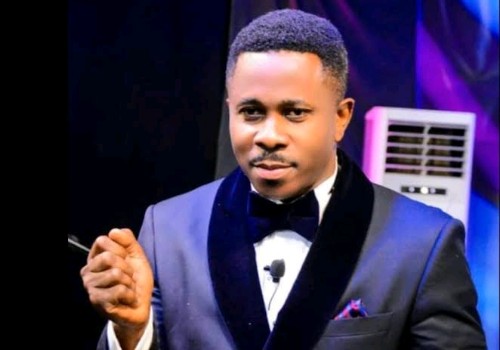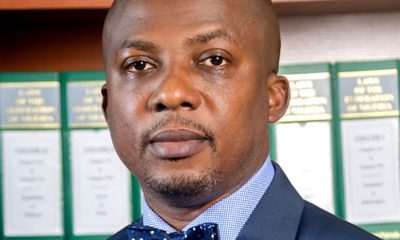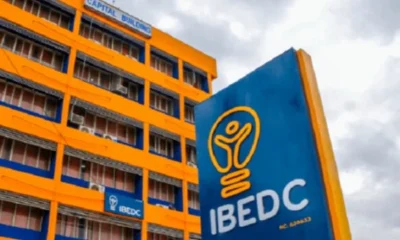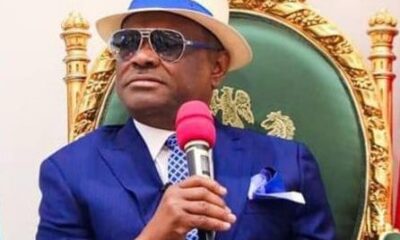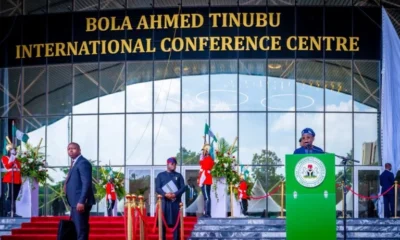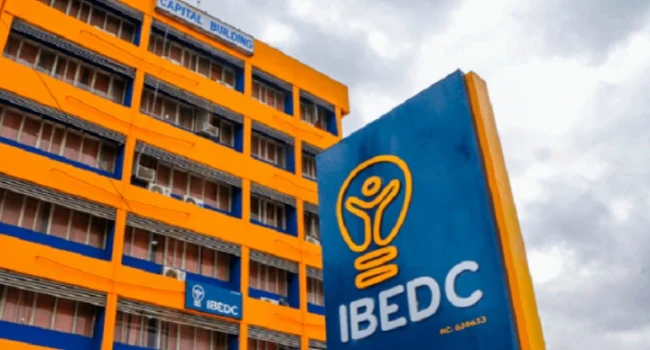A 25-year woman (name withheld) on Wednesday told an Ikeja Sexual Offences and Domestic Violence Court how a bishop, Oluwafeyiropo Daniels, allegedly raped her while praying.
The alleged rape occurred at the cleric’s residence in Lekki, Lagos State.
The News Agency of Nigeria (NAN) reports that the bishop is standing trial on an amended three-count charge bordering on rape and sexual assault, to which he pleaded not guilty.
The alleged victim/survivor testified at the resumed trial of the defendant.
The witness, who was a member of a church founded by the defendant, was led in evidence by state lead counsel, Mr Babajide Boye.
According to the alleged survivor, she was in her sister’s shop in Osogbo on Jan. 2, 2019, when her cousin was listening to the bishop’s sermon on the phone.
“I told my cousin the sermon was nice and he told me the name of the church which I searched for and followed its page on Facebook.
“After that, I was able to chat with Feyi on Facebook and he added me to a WhatsApp group called Spiritual Sonship Group,” she testified.
The alleged victim told the court that she met the defendant for the first time at a camp in 2019 when the church had a three-day retreat.
“He later had a programme at OAU which I attended and met Brother Isaac, one of his spiritual sons, and we exchanged numbers.
“From the sonship group, I took an assistant pastor / first prosecution witness (PW1) (name withheld) to be my prayer partner because, irrespective of our gender, we call ourselves sons.
“On the WhatsApp group, Feyi dropped a message that all sons should pick a convenient time to fast for 70 days, pray for two hours and break at 6.00 p.m. daily and come to Lagos for laying of hands after the fasting,” she testified.
The witness told the court that the defendant told her personally to come to Lagos for laying of hands after the fasting
“On Sept. 8, 2019, I told her (first prosecution witness, PW1) that I was going to Lagos for the laying of hands but the programme started late and there was nowhere to sleep because I had no one I could stay with in Lagos.
“PW1 told me to call and tell Feyi that I had no one to stay with for the night, and I did.
“He said there was no problem, and this made me to follow him to his house with some other members, including Bro Israel and his wife, but they later left the house that same day,” she said.
The witness said that a lady identified simply as Rachael took her to a room where she slept.
“The following morning, Feyi came out of his room and laid his hands on my head and started praying for me at the dining section, after I greeted him.
“I went inside the room to start preparing to go to Osogbo, and he told me there was food in the kitchen, that I should eat.
“I was eating at the dining when he came to meet me again and said, ‘Are you in your period?
“I said, ‘No”, and he went back to his room.
“I did not see Rachael in the morning though we slept in the same room,” she said.
The alleged survivor further told the court that the defendant came to her again and told her that he had an instruction for her but would want her to hear it herself.
She said: “There are two portraits of one Prophet Babajide David Olulana in Feyi’s living room whom he told me was his spiritual father.
“Feyi told me to carry one of the portraits and stare at it so that I can hear the instruction myself, which I did.
“After a while, he came out of his room and asked if I heard anything.
“I told him,” No”. He then said that the portrait was talking to me but I could not receive it.
“He said his spiritual father would use another means to speak to me.
“I then got a text message on my phone with the sender showing Babajide. I could not call the number but the message read, ‘Whatever your father asks you to do, do it for your own good’.”
According to the witness, the defendant later came out and asked if she had received any sign.
“I told him I got a message. He said I should delete the message.
“Feyi told me that when I was born, my aunt did something to me which prevented my progress in life.
“He said the instruction he received was for him to help me so that I could be free from my aunt.
“I asked what the instruction was, and he said the instruction was for him to have sex with me
“I was confused at this point. His eyes had already changed and he told me to go to his room.”
She told the court that when she got there, the two portraits of Prophet Babajide were on the bed.
“He (defendant) was playing a Christian song with the title, ‘Let Praises Rise’ on his phone.
“He pushed me on the bed, I tried to move away but he pulled me back as I was already naked.
“While Feyi was speaking in tongue, he was having sex with me,” she testified.
The witness further told the court that the defendant told her she would die if she told anyone about the alleged rape.
She said that the defendant raped her on other occasions and she got pregnant for him but lost it to an accident on Ilorin-Ibadan Road.
Justice Ramon Oshodi adjourned the case until May 25 for continuation of the trial.
Credit: NAN

 BIG STORY1 day ago
BIG STORY1 day ago
 BIG STORY3 days ago
BIG STORY3 days ago
 BIG STORY2 days ago
BIG STORY2 days ago
 BIG STORY14 hours ago
BIG STORY14 hours ago
 BIG STORY1 day ago
BIG STORY1 day ago
 BIG STORY3 days ago
BIG STORY3 days ago
 BIG STORY3 days ago
BIG STORY3 days ago
 BIG STORY1 day ago
BIG STORY1 day ago




